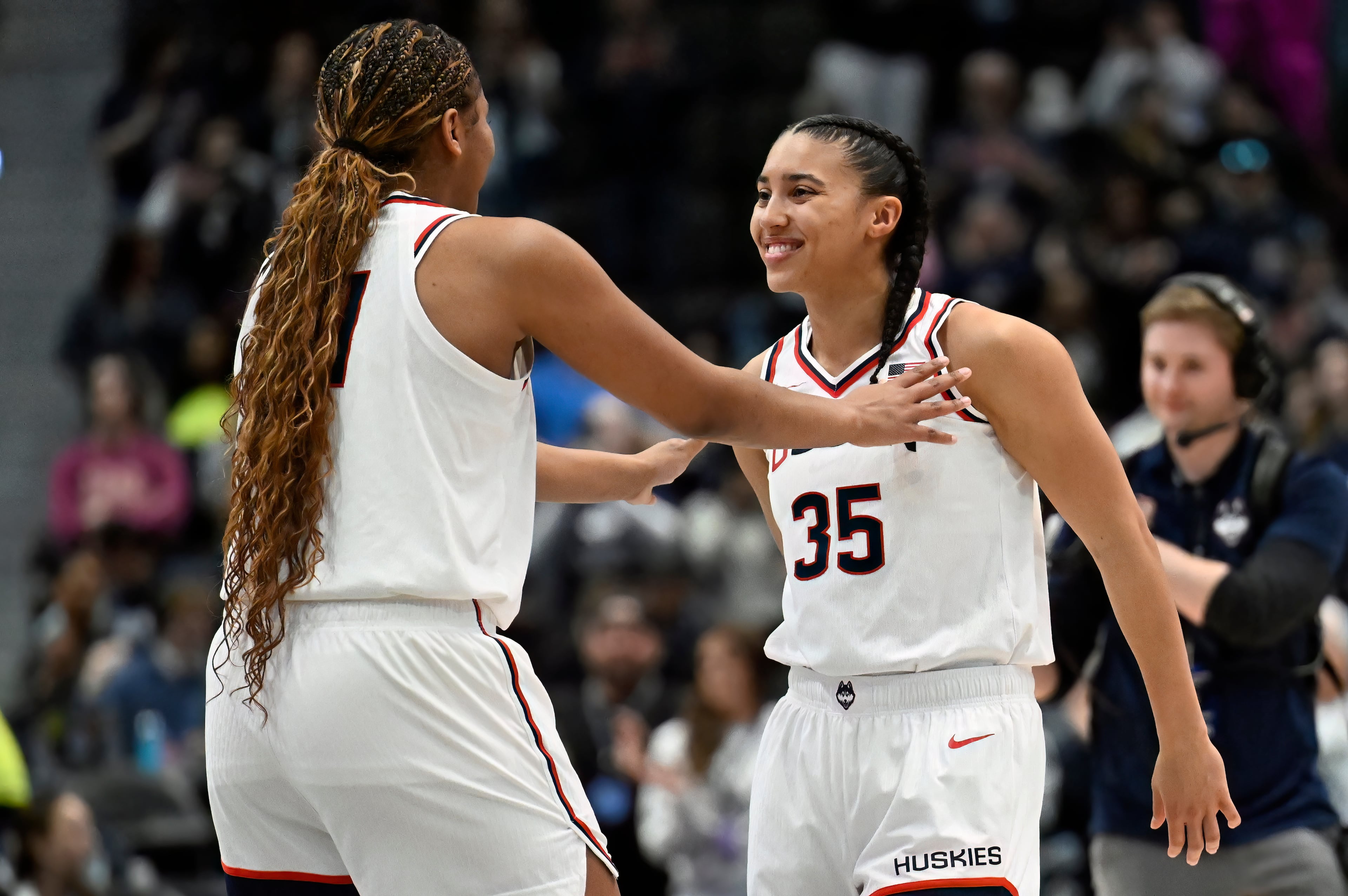Judge dismisses 3rd-degree murder charge against Derek Chauvin
A judge has dismissed a third-degree murder charge against Derek Chauvin, one of four former Minneapolis police officers charged in the death of George Floyd.
Hennepin County District Judge Peter Cahill also ruled Chauvin’s second-degree murder and manslaughter charges will remain. His ruling was dated Wednesday and made public Thursday.
Cahill said there was enough probable cause for the second-degree murder charge and manslaughter charge against Chauvin to proceed to trial. Cahill also denied defense requests to dismiss the aiding and abetting counts against three other former officers, Thomas Lane, J. Kueng and Tou Thao.
After Thursday’s ruling, Minnesota Gov. Tim Walz announced he had activated the state’s National Guard after a request from Minneapolis officials who feared violent protests might erupt. As of Thursday afternoon, 100 guards have been deployed along with several other state troopers, according to KMSP-TV/FOX 9.
“In this court’s view, with one exception, the State has met its burden of showing probable cause that warrants proceeding to trial against each of these Defendants on each of the criminal charges the State has filed against them,” Cahill wrote. He said it will be up to a jury to decide whether the officers are guilty.
Floyd died while in police custody on Memorial Day, an incident which set off massive racial and social justice protests around the nation.
Chauvin was arrested and charged with third-degree murder and manslaughter four days after Floyd’s death. The charge was upgraded to second-degree murder at the same time Attorney General Keith Ellison announced charges against the other three officers involved in Floyd’s death.
Prosecutors argued there was probable cause for the officers to go to trial on all of the charges, saying Chauvin intentionally assaulted Floyd, which is an element of the second-degree murder charge, and that the other officers assisted.
Earlier this month, 51 people were arrested during protests after Chauvin was released on bail. He had been in custody in a state prison, instead of a local jail, as he awaited his March trial.
Minneapolis police tried to arrest Floyd on May 25 for allegedly passing a counterfeit $20 bill at a convenience store. Floyd died after Chauvin, who is white, pressed his knee against Floyd’s neck for several minutes even after the handcuffed Black man pleaded for air.
Family attorneys for Floyd said their second, independent autopsy showed he died from asphyxia.
The family’s autopsy differs from the official autopsy as described in a criminal complaint against the officer. That autopsy included the effects of being restrained, along with underlying health issues and potential intoxicants in Floyd’s system, but also said it found nothing “to support a diagnosis of traumatic asphyxia or strangulation.”
Floyd’s initial autopsy said the combined effects of being restrained, potential intoxicants in Floyd’s system and his underlying health issues, including heart disease, likely contributed to his death. It revealed nothing to support strangulation as the cause of death.
In the 911 call that drew police, the caller describes the man suspected of paying with counterfeit money as “awfully drunk and he’s not in control of himself.”
After Floyd apparently stopped breathing, Lane again said he wanted to roll Floyd onto his side. Kueng checked for a pulse and said he could not find one, according to the complaint.


